Best Insulation For Your Garage
To make your garage a more comfortable, warm, and convenient extension of your house, you should choose the best option. The type of insulation you prefer for your garage may be the same as your home. It largely depends on the condition of your garage, priority, and budget.
There are common garage insulation types. And to decide which one meets your requirements, you can compare the basic features. Here is a useful guide for you to find the best garage insulation option.
Types of Garage Insulation
Fiberglass insulation is one of the most popular types of insulation for garages. It fits between wall studs and ceiling joints when they are placed. It may be a good idea to use fiberglass insulation if the ceiling and the walls are not covered with plywood or drywall. It can provide a better and finished look. However, fiberglass insulation does not prevent airflow completely.
Cellulose insulation is a type of loose-fill insulation. It has a fire retardant feature. Generally, it is applied with a special blowing tool to fill cavities and holes. You need to rent a blowing tool to apply it by yourself. Also, it is suitable only for finished walls and ceilings in the garage since it is loose-fill.
When it comes to rigid foam insulation, it may be a good choice for garage walls and doors due to its high R-value. It is available as sheets and can be divided into smaller pieces according to any area. However, if your garage has thick walls, the rigid foam may not be the proper option.
Spray foam is a perfect choice to insulate a garage considering R-value and air sealing. It offers energy efficiency with its high-quality material. If you want to convert your garage into a living space, spray foam is the most appropriate insulation type. A spray foam garage insulation installation offers the best air sealing, energy efficiency, durability, longevity, R-value, and durability of all garage insulation types.
It is good to keep in mind that air sealing is especially significant with garage doors. Insulating your garage walls and ceiling wouldn't be effective without insulating the garage door. Because insulated doors help keep warm air inside, reduce noise and seal cracks and gaps.
|
Basic Types of Garage Insulation |
|||
|
Basic Feature |
Pros |
Cons |
|
|
Fiberglass |
Most popular type of insulation |
Inexpensive, easy to apply |
Vulnerable to moisture, may cause skin irritation, holds dirt |
|
Cellulose |
Good for cavities and holes |
Fire-resistant |
Requires drywall, not flexible, needs a blowing machine |
|
Rigid Foam |
Preferred for thin walls and garage doors |
High R-value, noise reduction, good for thin walls |
Need to be cut into smaller pieces, can be damaged by insects |
|
Spray Foam |
Energy efficiency |
Air sealing, high R-value, mold-resistant, lasts longer |
Pricey, better installed by contractors |
|
Garage Door Insulation |
Found in standard door size |
Noise reduction, maintains stability |
Additional weight may cause damage |
What is the Cost of Insulating a Garage?
Your garage insulation costs will vary depending on the size of the space and the type of insulation you choose. While fiberglass insulation is the least costly option, spray foam appears to be the most expensive. However, to calculate the exact cost for your garage, you need to know the accurate R-value and decide which insulation material to use. The size of a garage also affects the final cost.
For example, insulation 1-car garage with fiberglass costs approximately $600. If it is a combined method of batts and blown-in insulation for a 2-car area, it costs nearly $4.500. If the material preference is spray foam, insulating the same 2-car area will cost approximately $8000.
Here is a quick guide to help you calculate the cost of insulating your garage:

What is the Best Option for Garage Insulation?
Fiberglass, cellulose, and spray foam are the most common insulation types for garages. And you can decide which one is more appropriate for the needs of your garage. Cost, durability, air sealing capacity, soundproofing, high R-value, and moisture resistance are criteria to help you compare.
With the high air-seal establishing capacity, spray foam insulation becomes prominent. It lasts longer than cellulose and fiberglass insulation and performs better. Spray foam insulation helps establish thermal balance in your garage.
FAQs for Garage Insulation
1. Is it a Good Idea to Insulate Your Garage?
Insulating your garage provides many benefits for households. For example, an insulated garage acts as a barrier to interior space. Thus, it reduces energy bills by increasing energy efficiency. Insulation can ensure thermal balance if it is an attached garage, and you often use it as an extension of your living space. Especially if you store delicate items or electronic tools in your garage, it would be beneficial to have an insulated garage. Also, if pipes are passing through, insulation can provide protection.
2. Does Insulating a Garage Increase Home Value?
Insulation, in general, increase the value of the house. Although a garage is not counted as a part of living space, an insulated garage still increases the property's value since you can use it to store items, do laundry, work out, or work on the car. In addition, insulation gives walls a better and finished look. Therefore, it naturally affects the value.
3. What R-value Should I Use in My Garage?
The R-value you need to use in your garage may change according to the region you live. Climate conditions are the major determining factors. Nonetheless, you should target a high level of R-value to benefit from it. Also, the R-value you need to use may differ in walls, windows, ceiling, and garage doors.

Author : Krakenbond Team



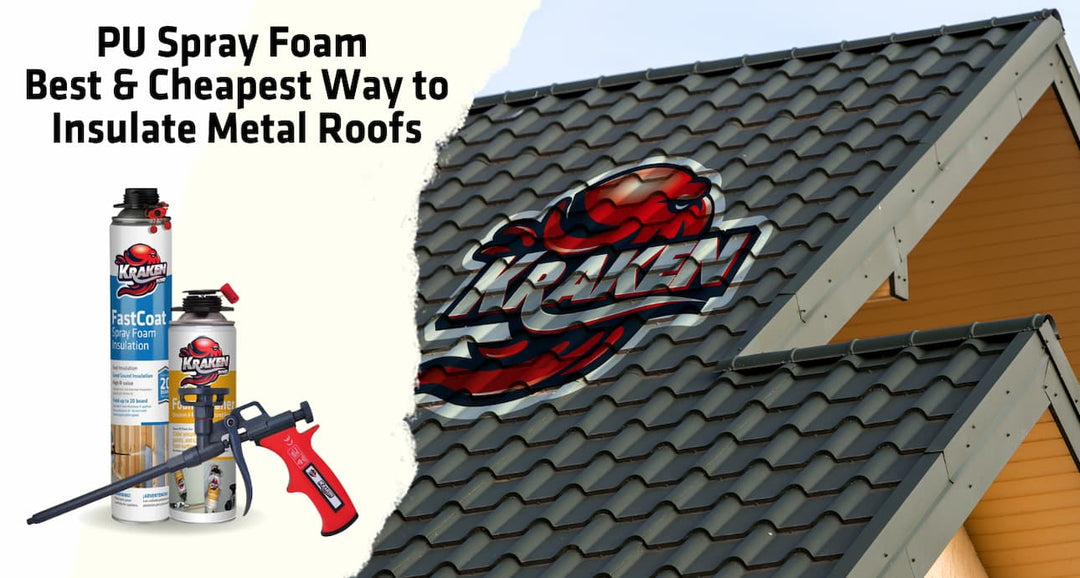
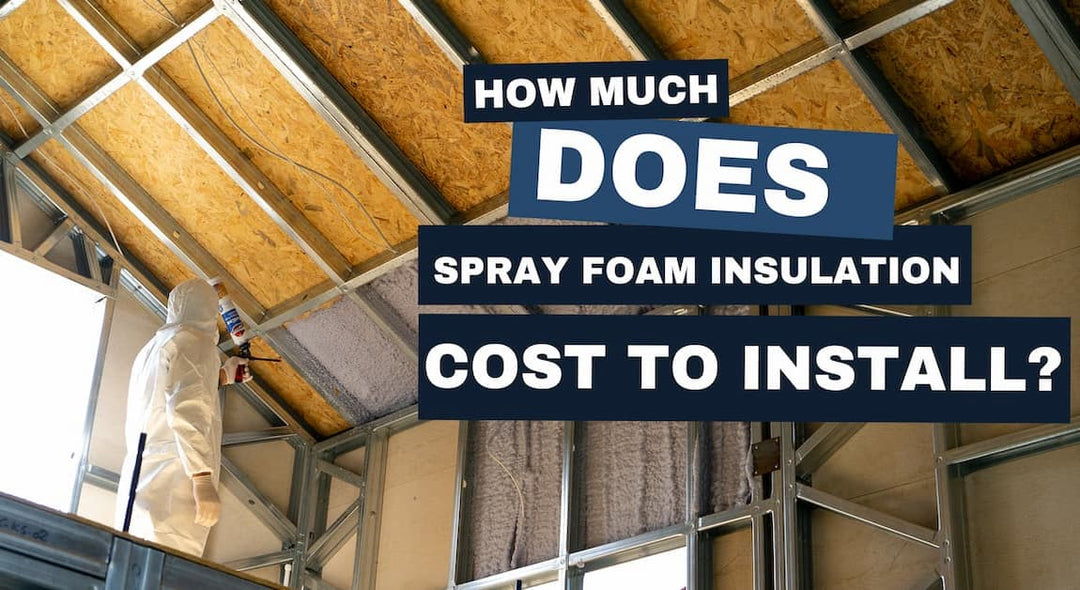
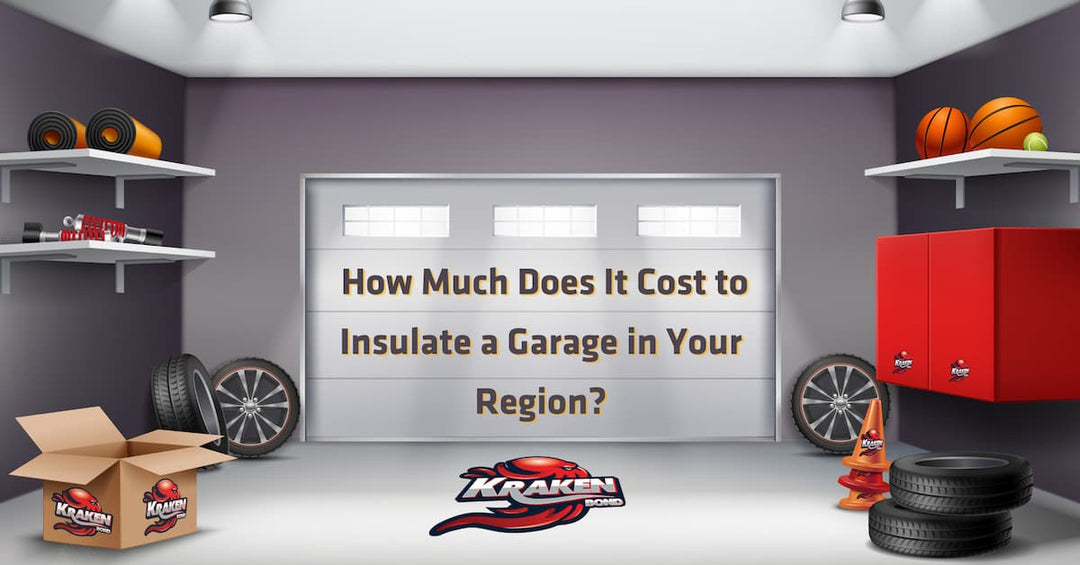

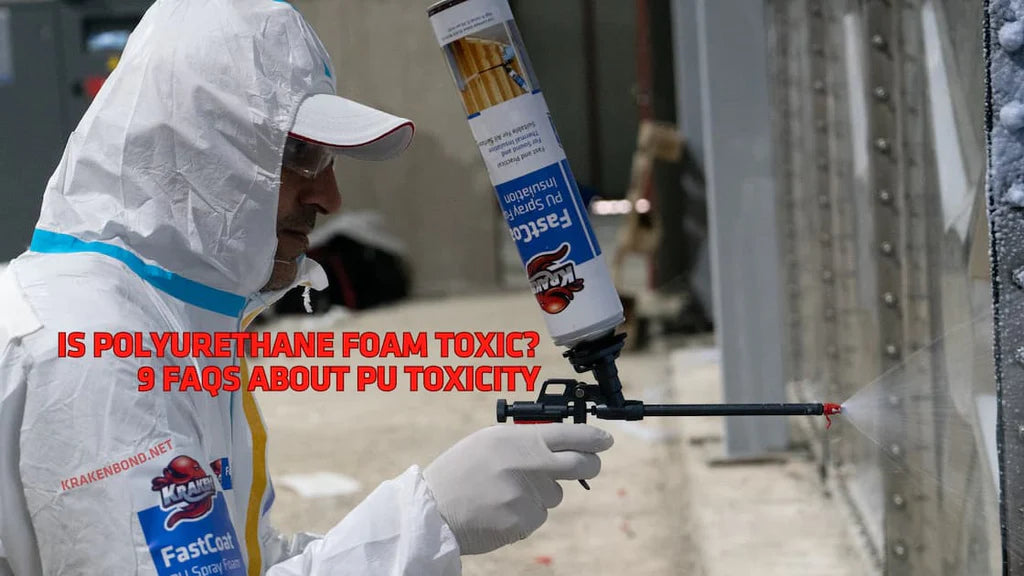
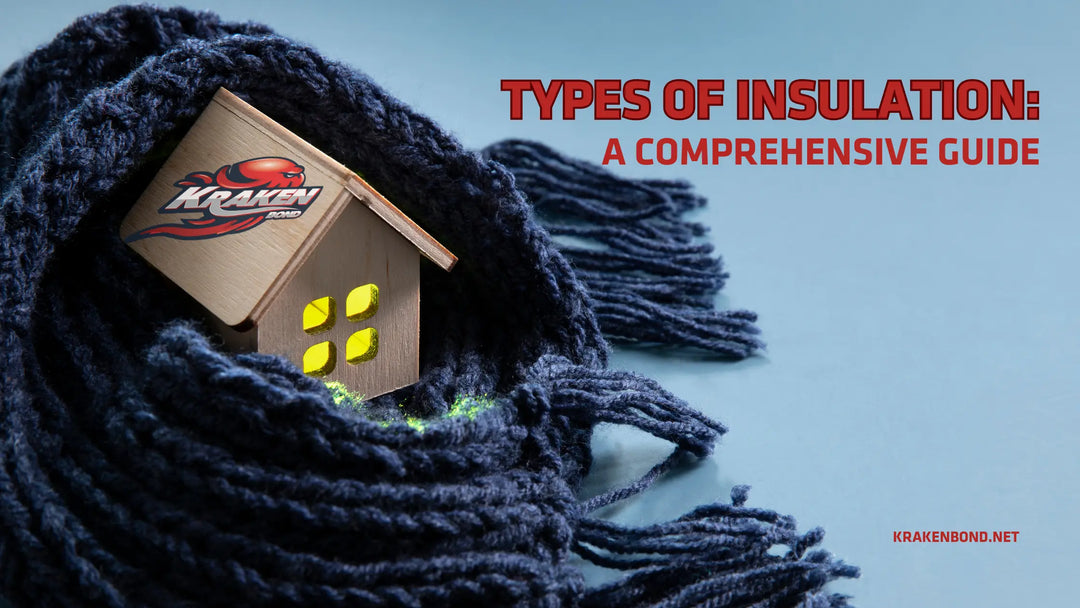
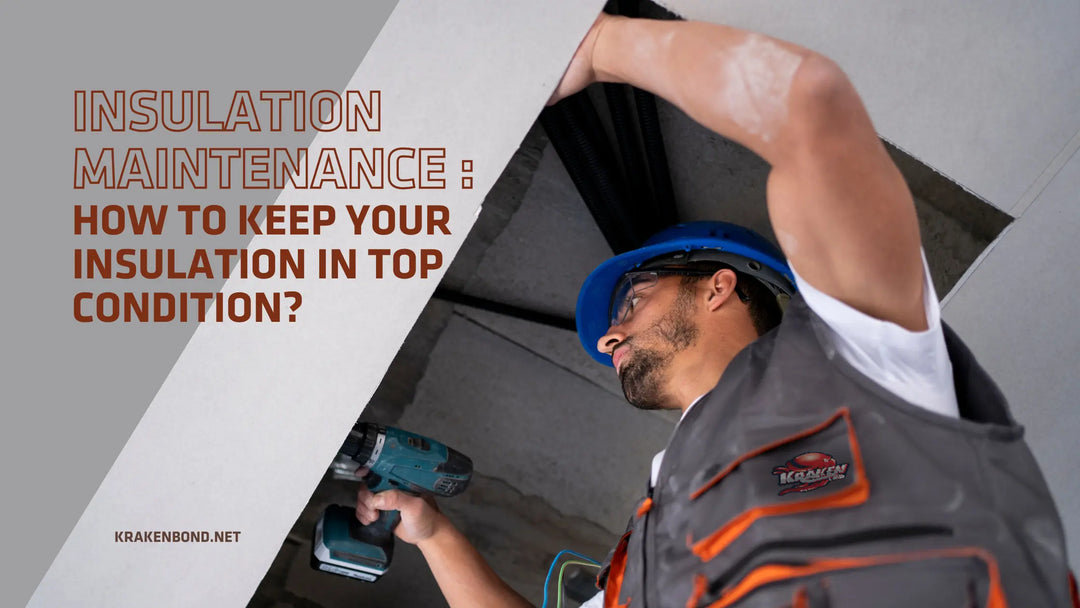
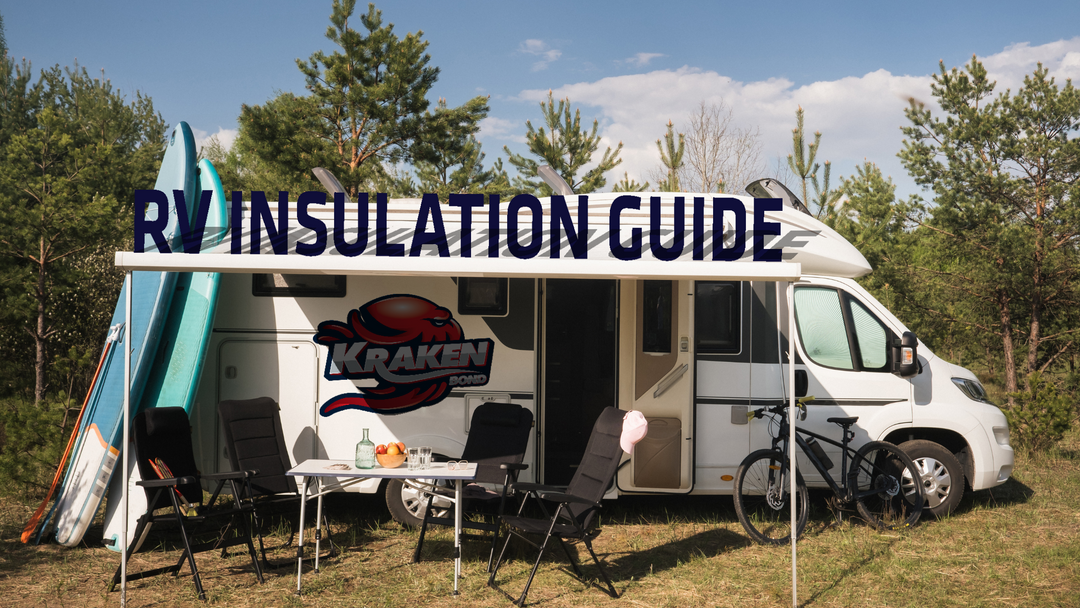
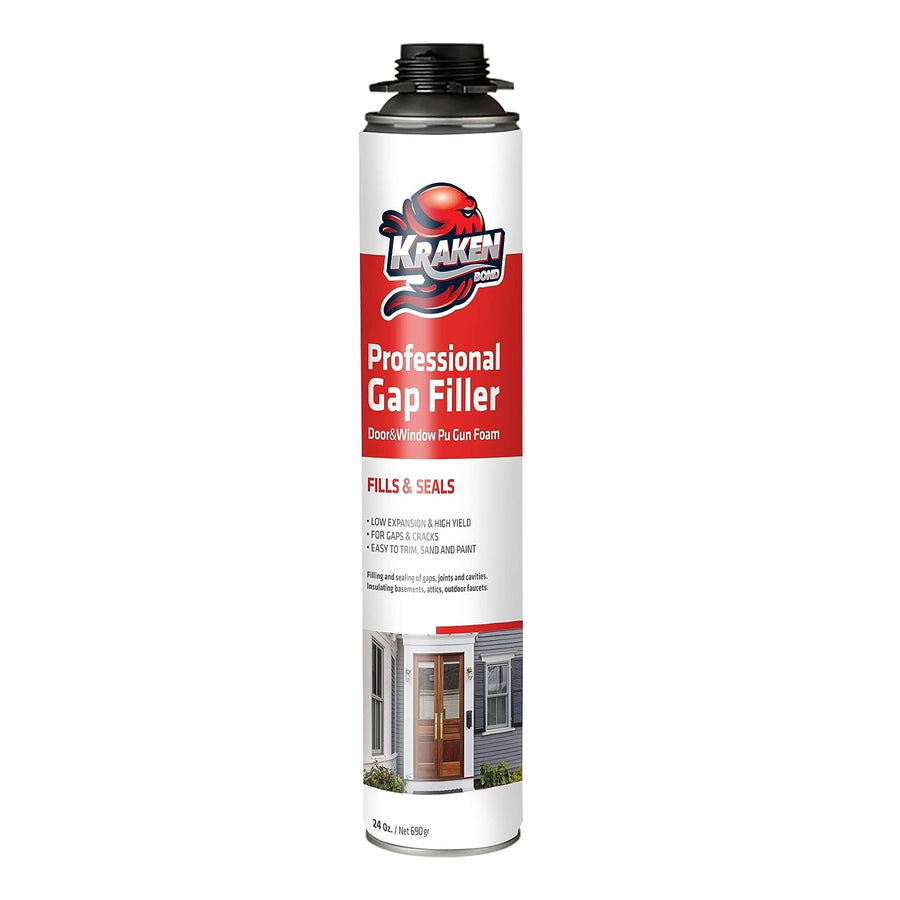
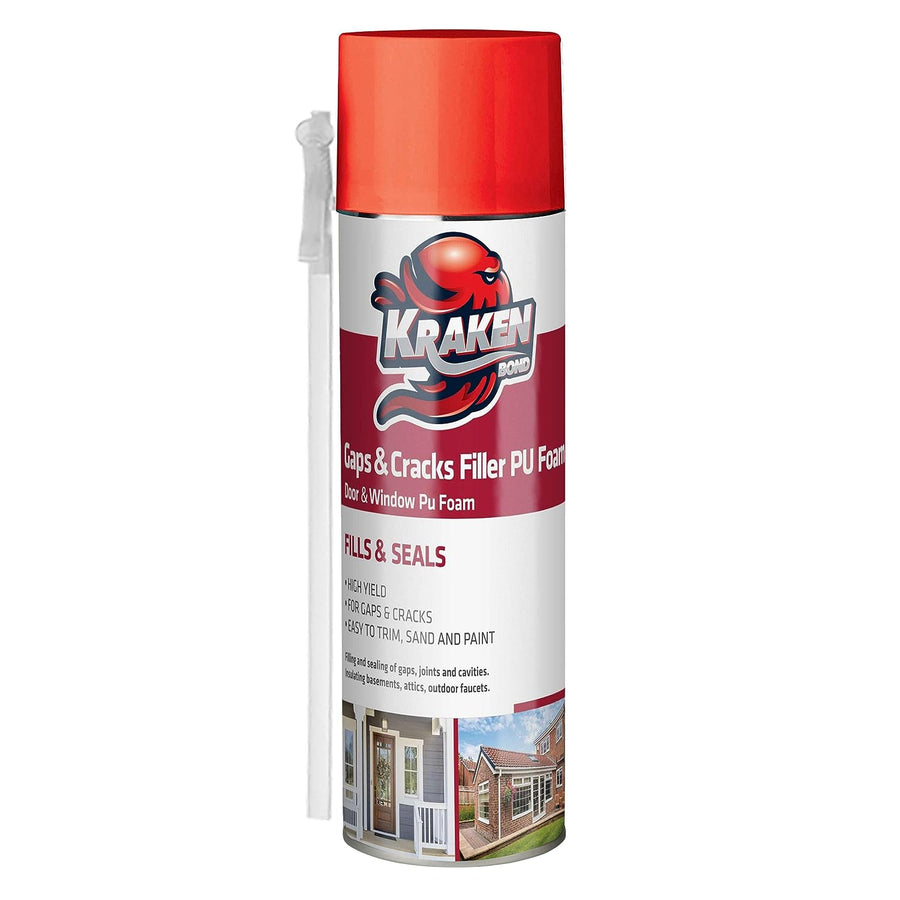
Leave a comment